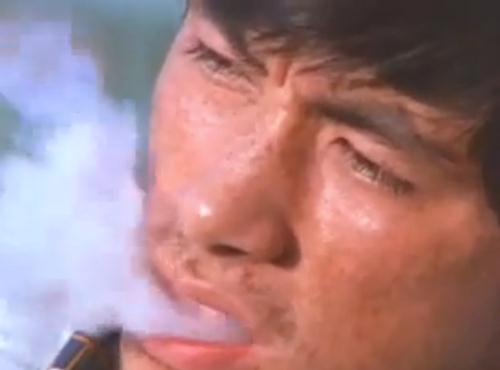Dale J. Chamberlain’s High Altitude School of Hydroponics (HASH) courses are specifically designed to comply with Colorado’s new cannabis law.

High Altitude School of Hydroponics
Even though Colorado passed Constitutional Amendment 64 legalizing the use of marijuana in November, it’s still a crime to sell cannabis in the state. Sure, plenty of charitable Coloradans on Craigslist will accept “donations” for doobie. And others are happy to barter. But what if you don’t have a pair of old shoes to trade for weed? How can one score an ounce of super-frosty Golden Goat in Colorado and not run afoul of the law? Former NASA scientist Dale J. Chamberlain has the answer. He’ll teach you to grow it yourself, at his (acronym alert) High Altitude School of Hydroponics outside Ft. Collins.
Full Article:
http://www.theatlantic.com/technology/archive/2013/02/meet-the-former-nasa-scientist-whos-teaching-coloradans-how-to-grow-marijuana-legally/273559/


